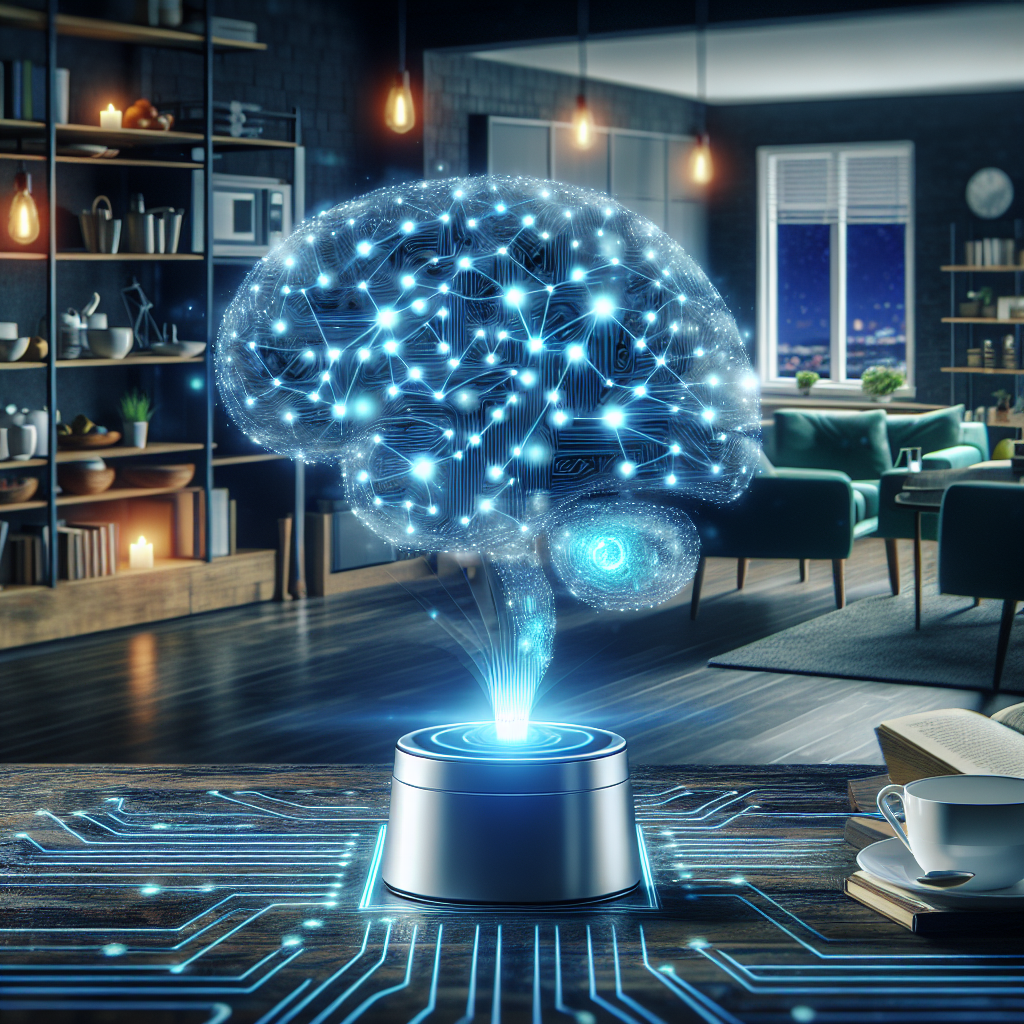Artificial General Intelligence (AGI) is a term that refers to machines with the ability to perform any intellectual task that a human can do. While the concept of AGI may seem like something out of science fiction, the reality is that we are rapidly approaching a time when these intelligent machines will become a part of our everyday lives. In this article, we will explore the possibilities of AGI in everyday life, including how it can revolutionize various industries and improve our quality of life.
AGI in Healthcare:
One of the most promising applications of AGI is in the field of healthcare. With the ability to process vast amounts of data and analyze complex medical records, AGI can help doctors make more accurate diagnoses and develop personalized treatment plans for patients. AGI can also assist in drug discovery and development, leading to the creation of more effective medications and treatments.
AGI in Education:
In the field of education, AGI can revolutionize the way students learn and teachers teach. Intelligent tutoring systems powered by AGI can provide personalized learning experiences for students, helping them master difficult concepts and improve their academic performance. AGI can also assist teachers in developing curriculum and lesson plans that cater to the individual needs of their students.
AGI in Finance:
In the finance industry, AGI can be used to analyze market trends, predict stock prices, and manage investment portfolios. With the ability to process vast amounts of financial data in real-time, AGI can help investors make more informed decisions and maximize their returns. AGI can also assist in detecting fraud and improving security measures in the financial sector.
AGI in Transportation:
In the field of transportation, AGI can revolutionize the way we travel. Self-driving cars powered by AGI can navigate roads more safely and efficiently than human drivers, reducing the number of accidents and traffic congestion. AGI can also be used to optimize public transportation systems, leading to faster and more reliable service for commuters.
AGI in Entertainment:
In the entertainment industry, AGI can be used to create more immersive and engaging experiences for audiences. Virtual reality and augmented reality applications powered by AGI can transport users to new worlds and provide them with interactive storytelling experiences. AGI can also be used to create personalized content recommendations for users, leading to a more enjoyable entertainment experience.
AGI in Customer Service:
In the field of customer service, AGI can revolutionize the way companies interact with their customers. Chatbots powered by AGI can provide instant and personalized assistance to customers, helping them resolve issues and make purchases more efficiently. AGI can also be used to analyze customer feedback and preferences, leading to the development of products and services that better meet the needs of consumers.
FAQs:
Q: What is the difference between AGI and artificial intelligence (AI)?
A: While artificial intelligence refers to machines that can perform specific tasks or solve particular problems, AGI refers to machines with the ability to perform any intellectual task that a human can do. AGI is a more advanced form of AI that has the potential to think and learn like a human.
Q: How close are we to achieving AGI?
A: While we have made significant advancements in the field of AI, we are still a long way from achieving AGI. Researchers are actively working on developing the technologies and algorithms necessary to create machines with true general intelligence, but it may still be several decades before we see AGI become a reality.
Q: What are the ethical implications of AGI?
A: As we move closer to achieving AGI, it is important to consider the ethical implications of creating machines that have the potential to think and learn like humans. Issues such as privacy, security, and job displacement must be carefully considered and addressed to ensure that AGI is developed and used responsibly.
In conclusion, the possibilities of AGI in everyday life are vast and promising. From healthcare to education, finance, transportation, entertainment, and customer service, AGI has the potential to revolutionize various industries and improve our quality of life in countless ways. While there are still many challenges to overcome before AGI becomes a reality, the future looks bright for intelligent machines that can think and learn like humans.

